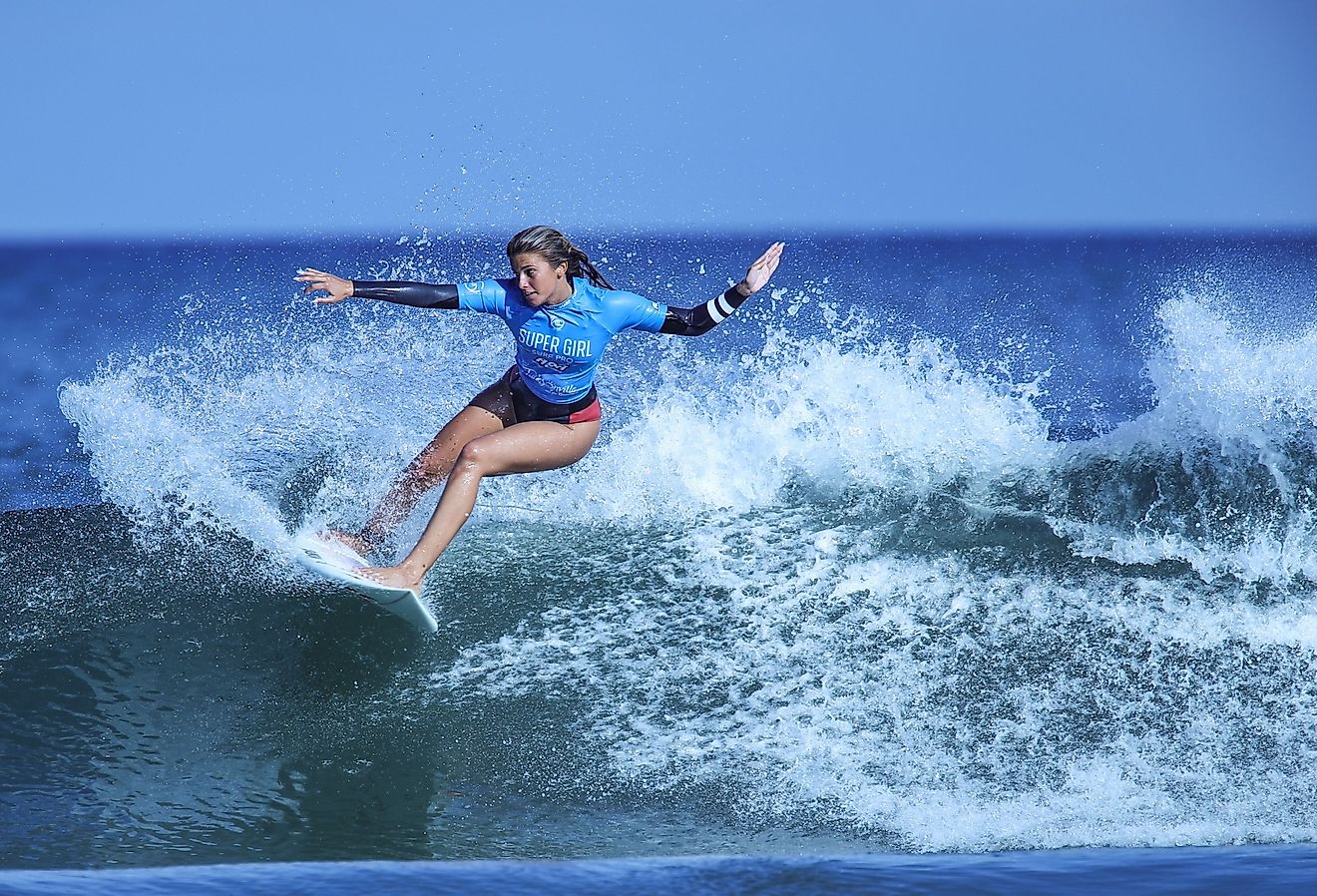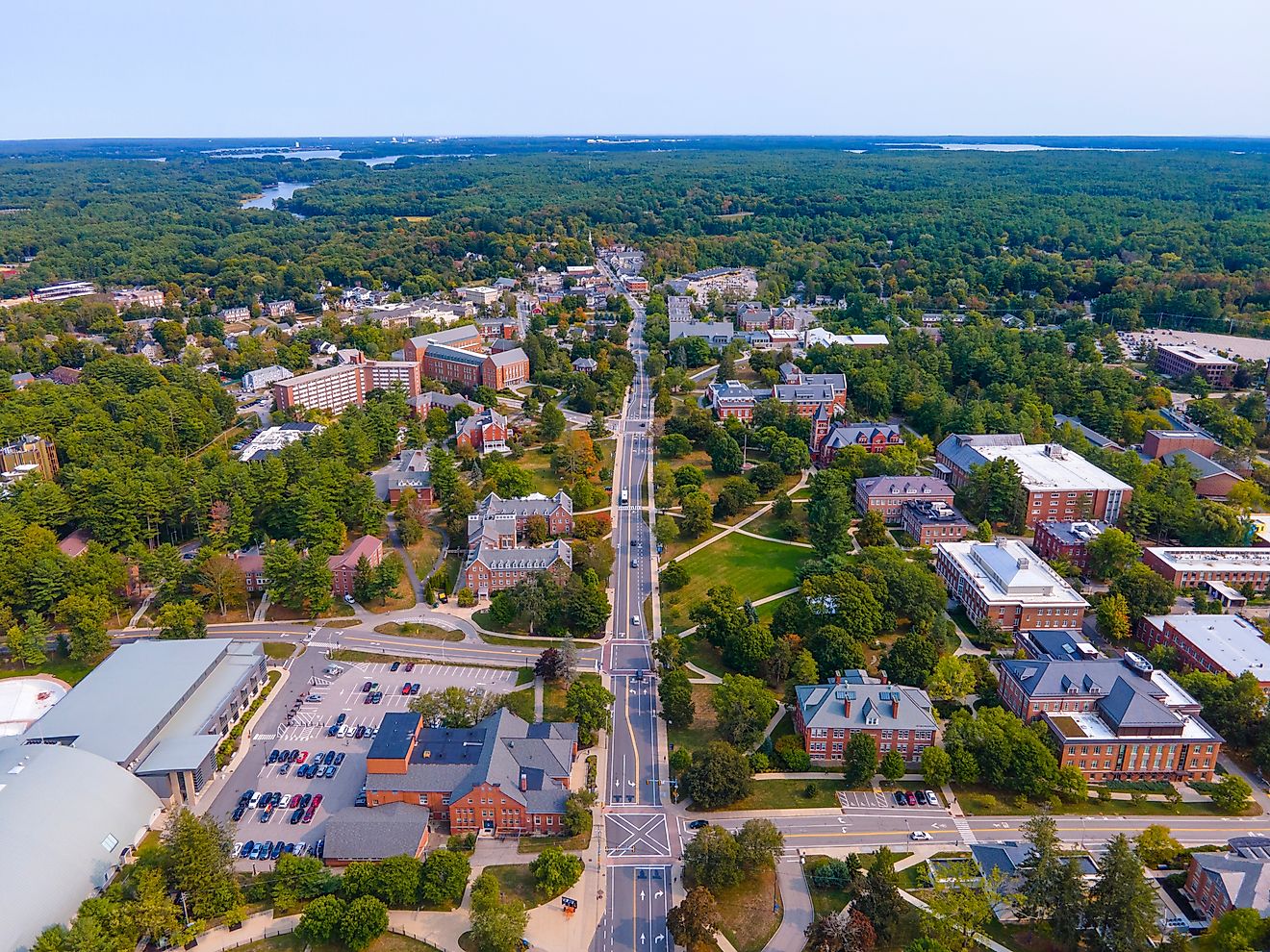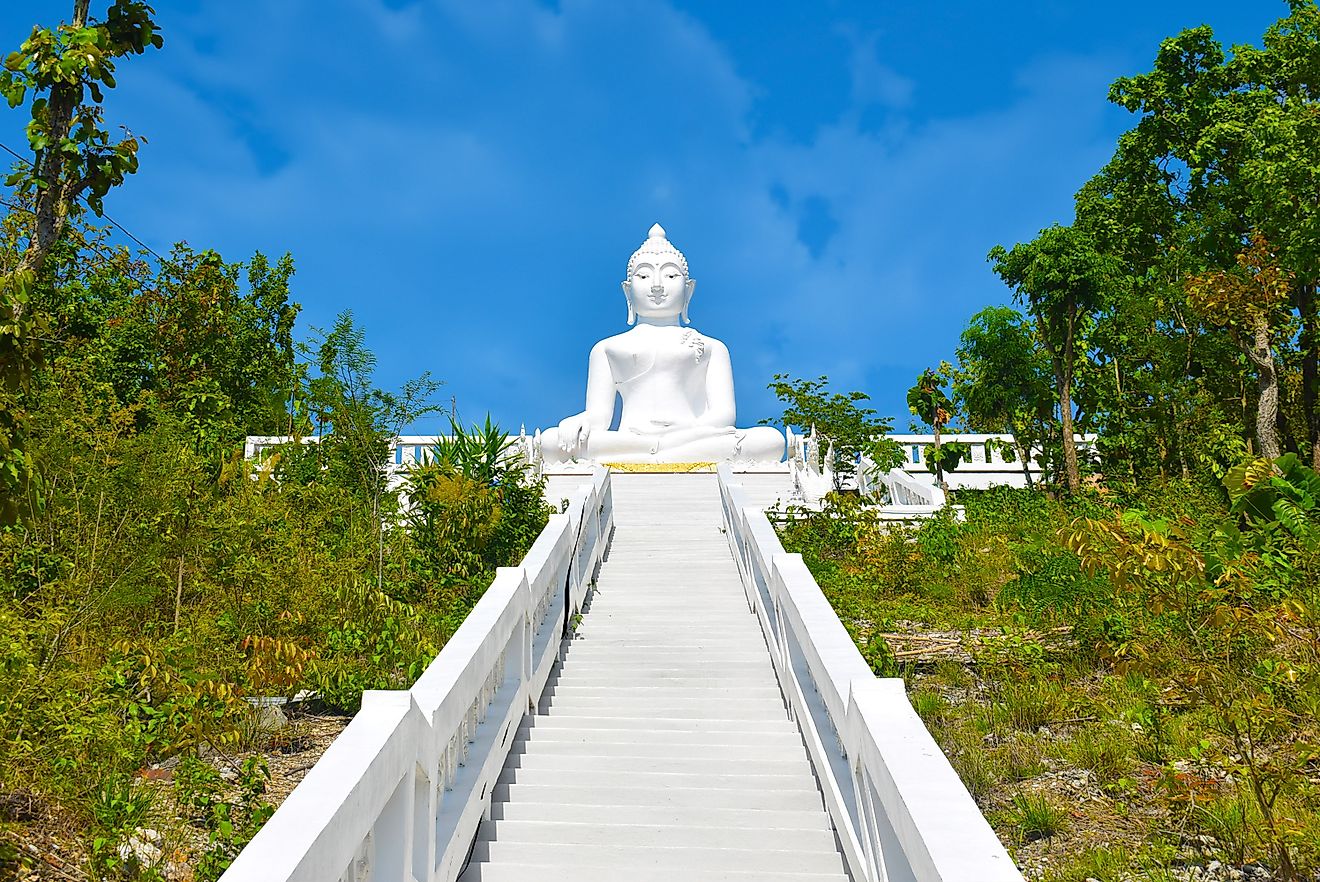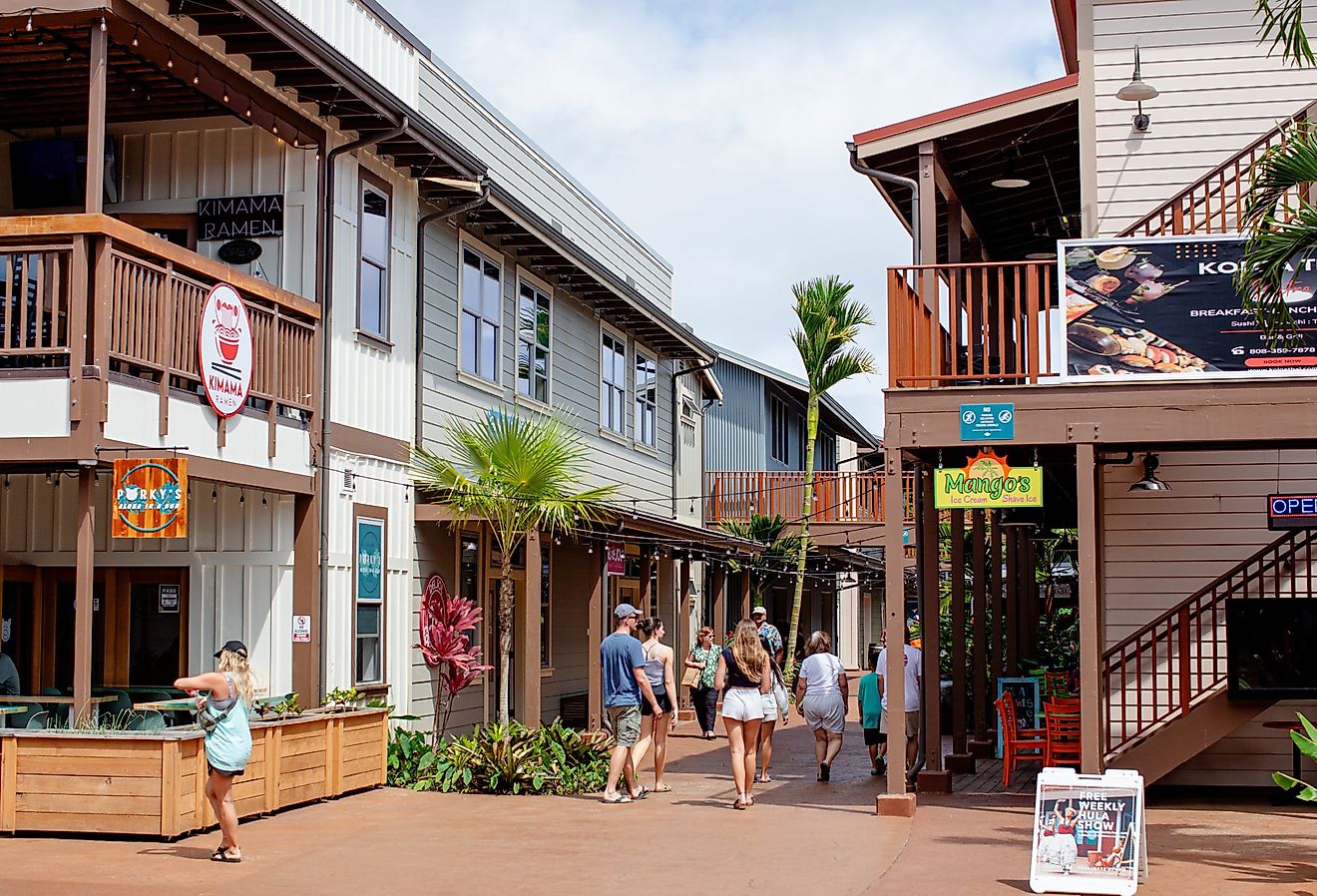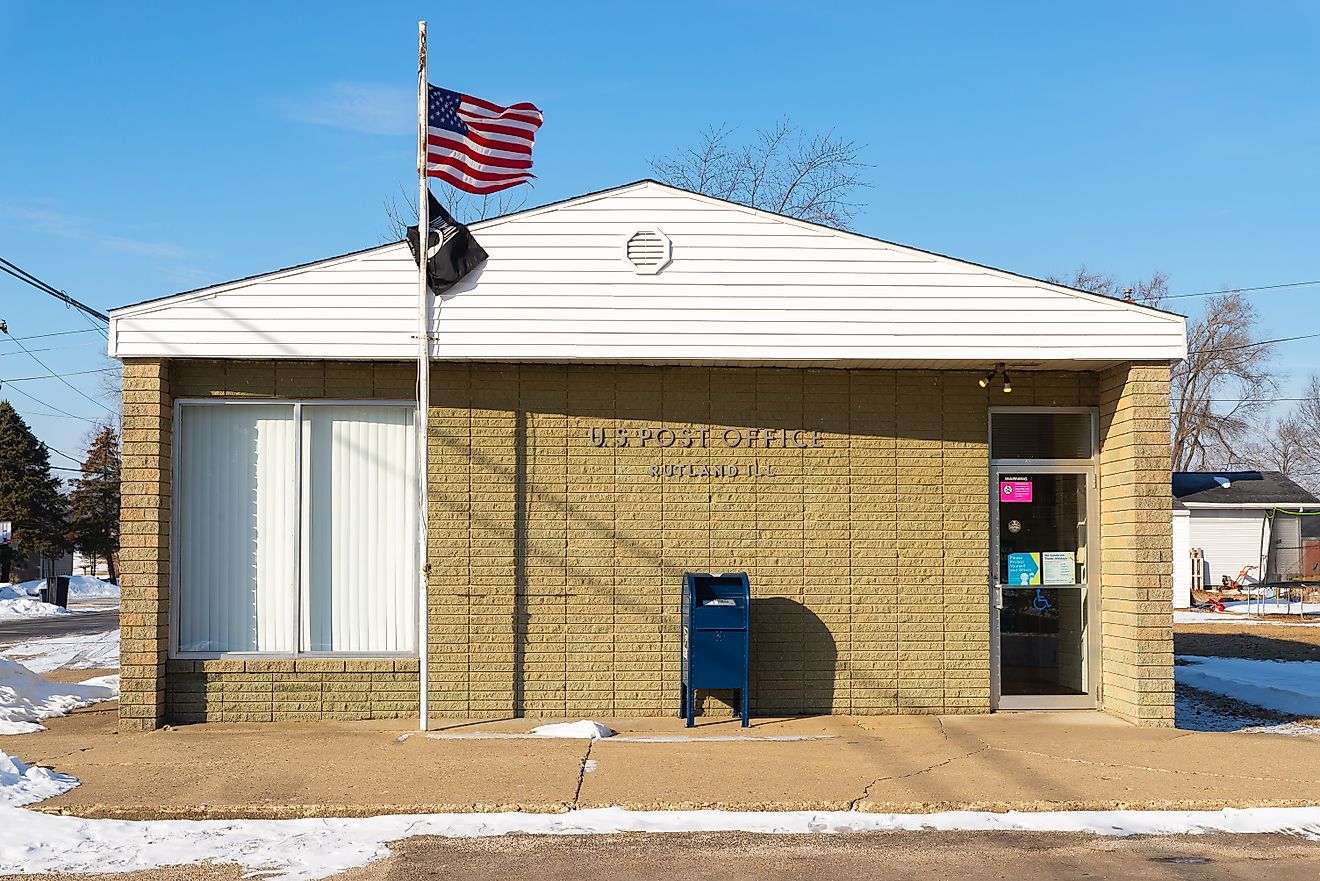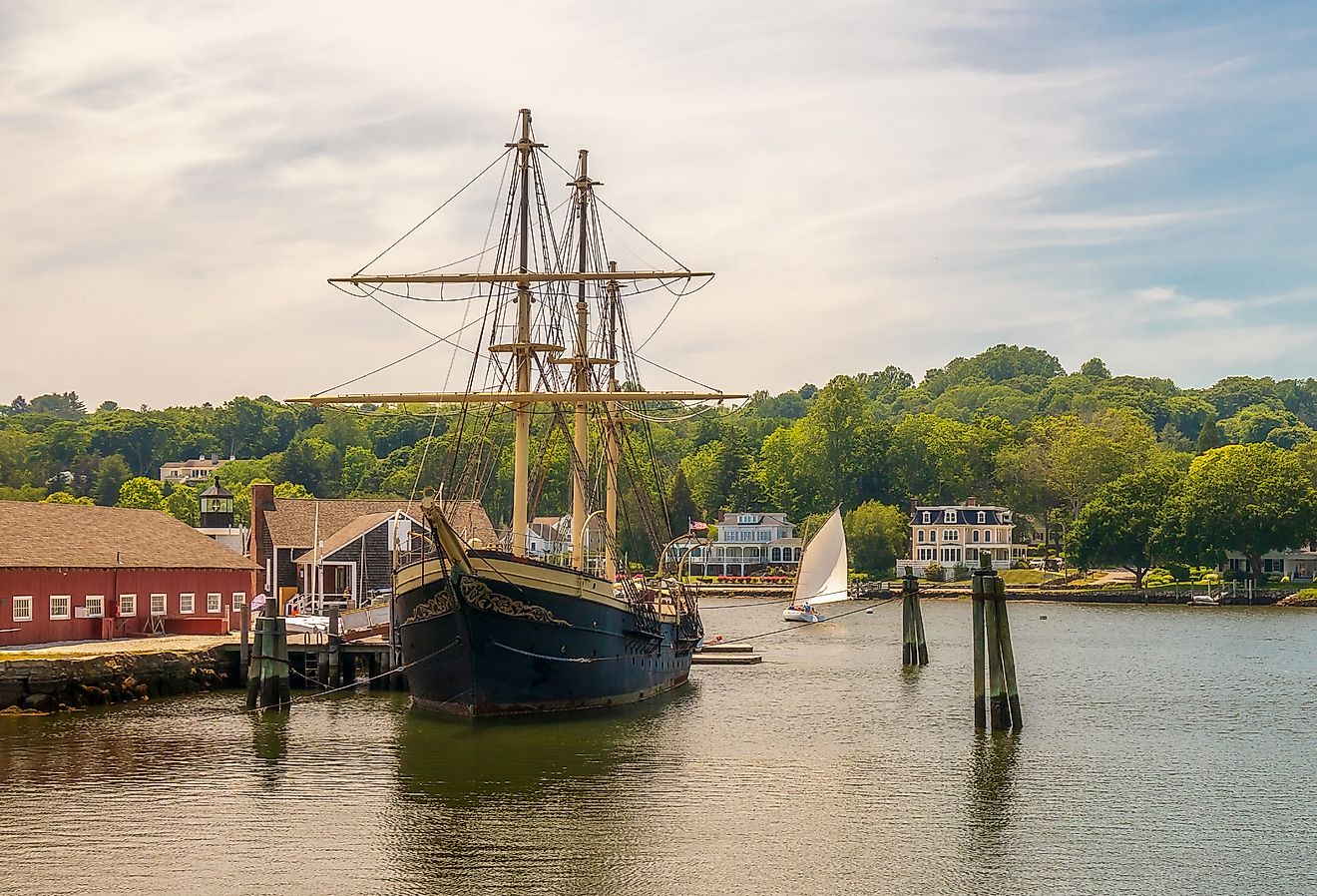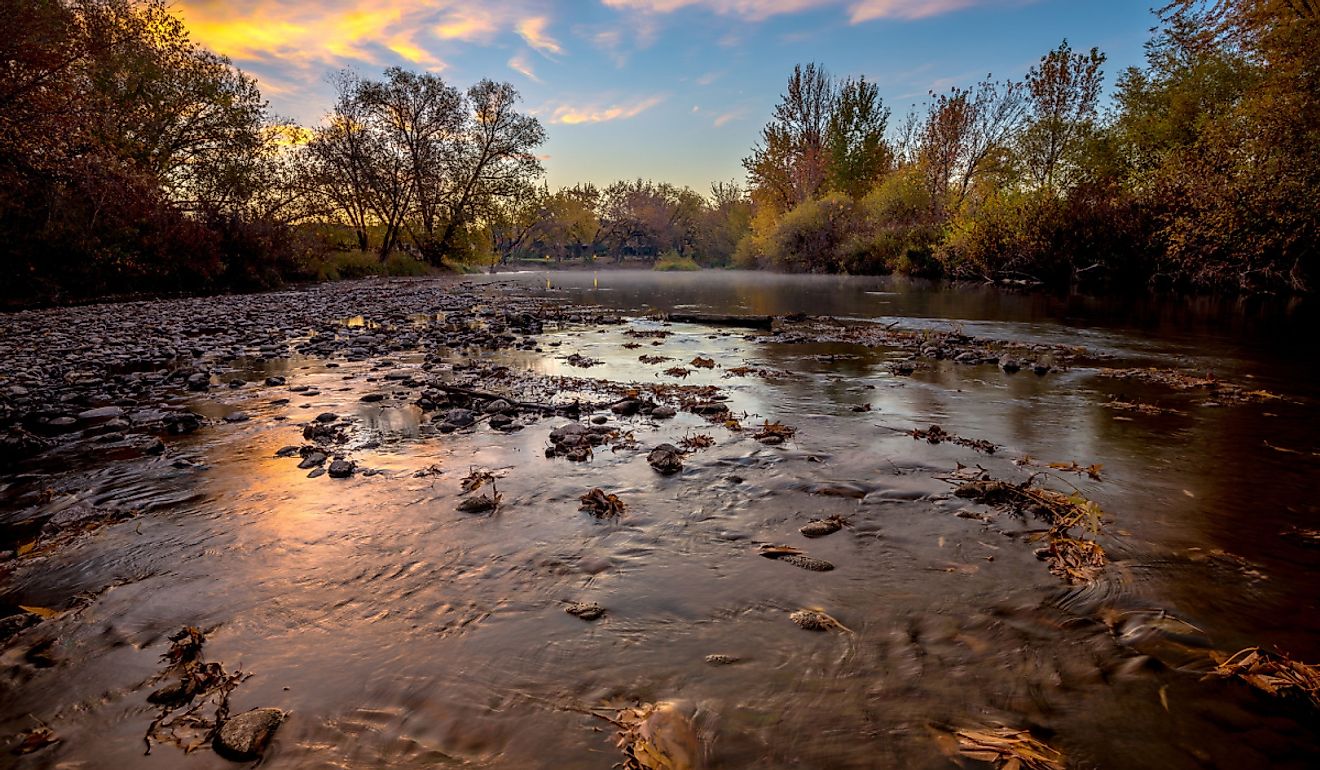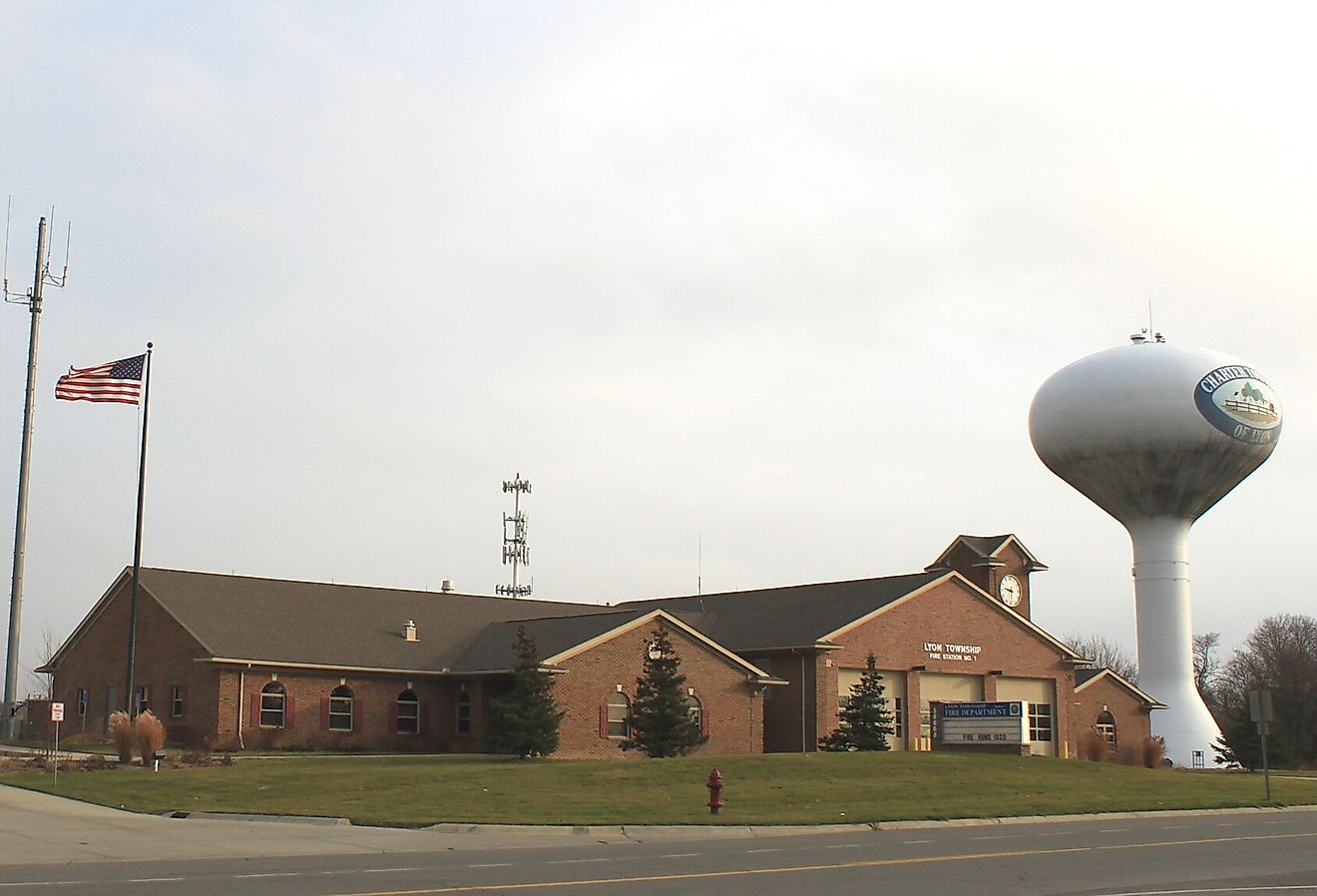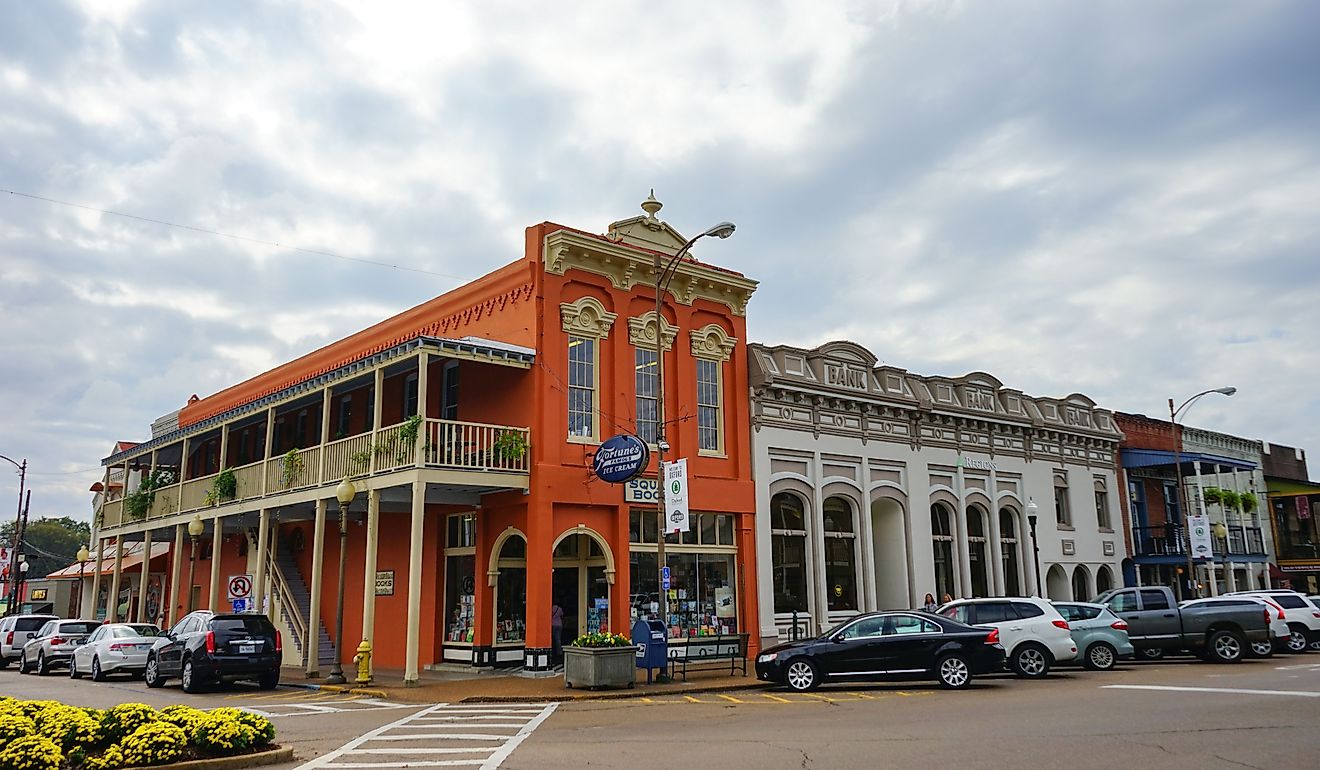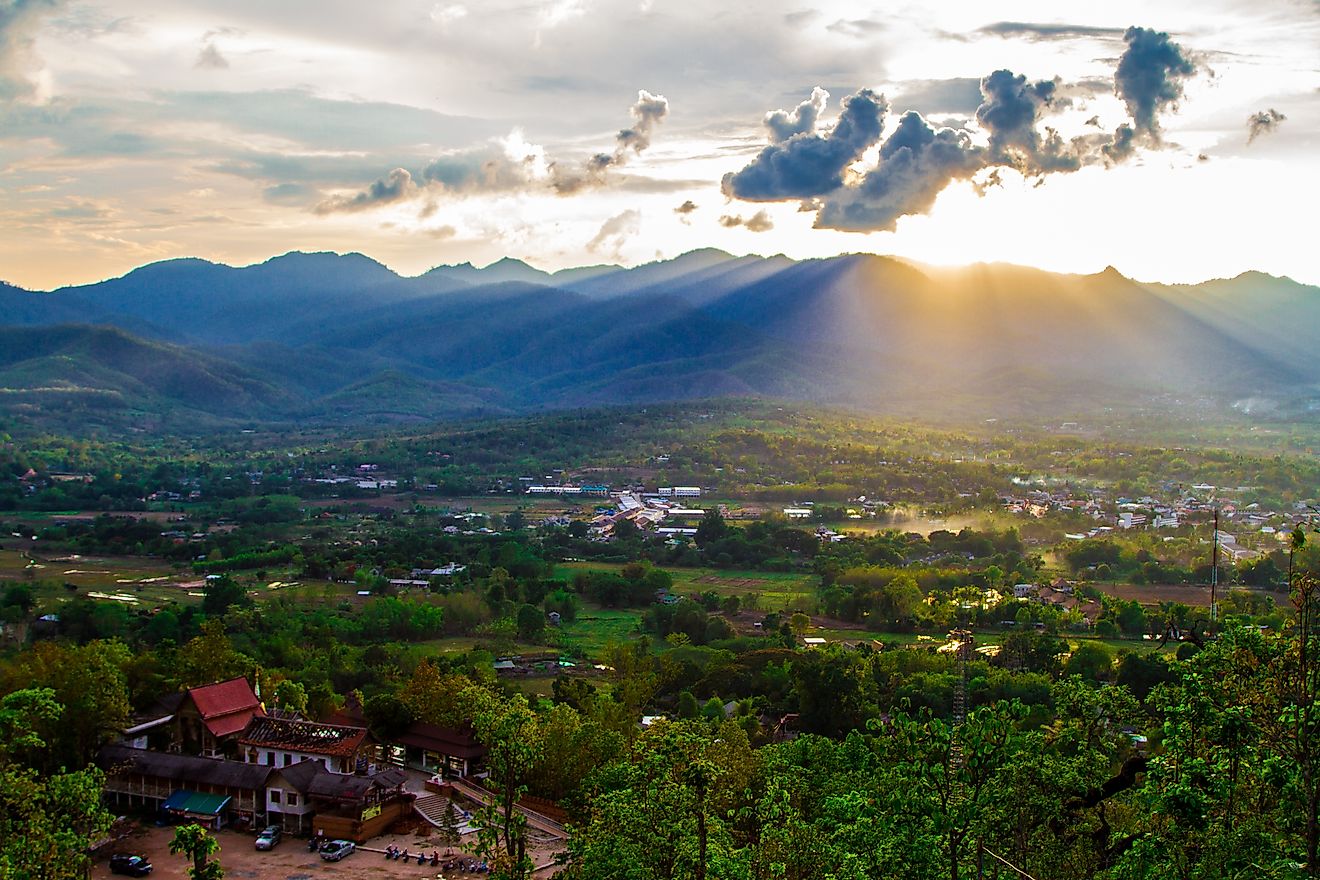The Wonders Of The Pitons, A UNESCO World Heritage Site In Saint Lucia
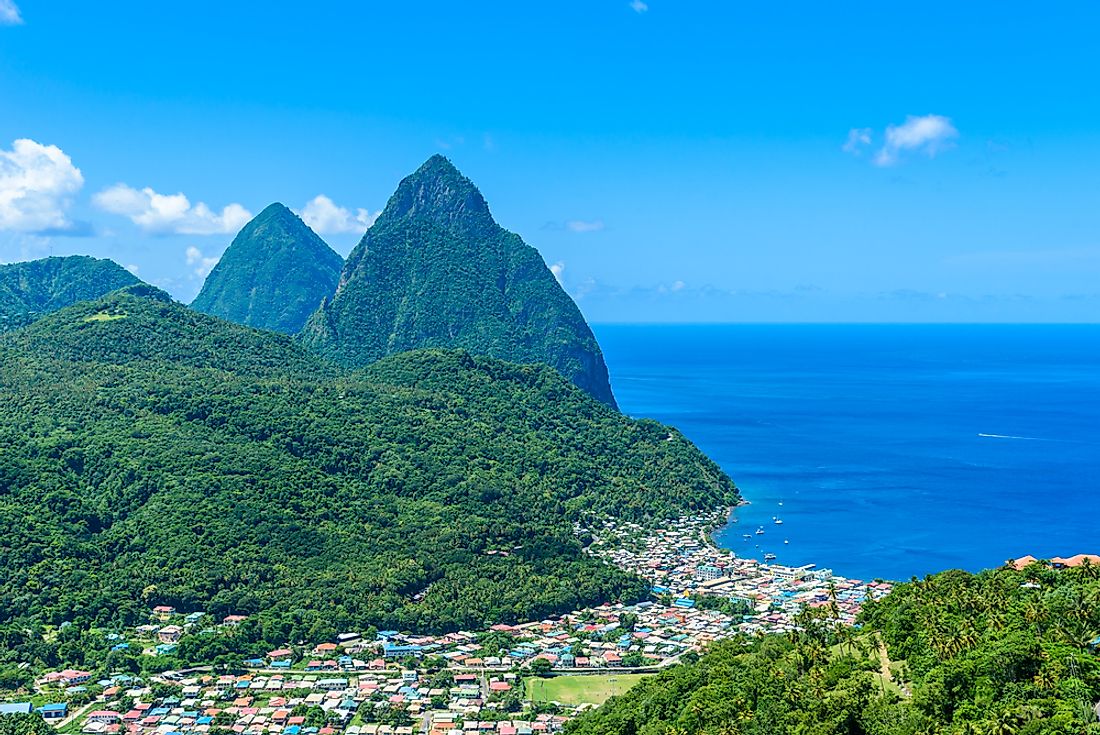
The Pitons are twin volcanic spires located in Saint Lucia. They are on a world heritage site which occupies an area of about 7,190 acres near the town of Soufriere. The 2,438 ft high Petit Piton and the 2,530 ft tall Gros Piton are on either side of the Bay of Jalouisie. A Piton Mitan ridge links the two mountainous volcanic spires.
The PMA (Pitons Management Area) is on the western side of the island, and it is a multiple management and conservation region made up of 2,162 acres of sea and 2,802 acres of land. These pitons dominate Saint Lucia’s terrain and can be seen from any part of the island. The pitons give the island a unique landscape which helps differentiate it from all the other Caribbean islands. Even though the marine and conservation areas are uninhabited, about one thousand five hundred people are living in the Terrestrial Multiple Use zone.
Geological Features
The Gros Piton and Petit Piton are linked by a tower above the Qualibou Depression and an inland ridge. The site encompasses numerous geological features including a geothermal field with hot springs called sulphur springs and sulphurous fumeroles. The Pitons occur with other volcanic features like lava flows, pyroclastic deposits, explosion craters, and cumulo domes.
Gros Piton
Gros Piton is the second tallest peak in St. Lucia right after Mount Gimie. It is on the southern edge of the pitons bay. Tourists with no mountaineering experience can climb the mountain without ropes. Anyone can reach the summit and back down within some few hours with the help of the local tour guides.The government has trained the tour guides on all the medical procedures in case of an accident and the basic knowledge of all the languages commonly used by the tourists. The Soufriere Foundation offers tours to Gros Petit. The organization is dedicated to preserving the PTA.
Petit Piton
Petit Piton lies on the northern side of Gros Piton, south of the town of Soufriere and in the middle of the Soufriere Bay. The Gros Piton is more famous than the Petit Piton among the hikers since it is easy to climb to the top and back, but if you make it to the top of Petit Piton you will be able to see the surrounding islands like St Vincent, Barbados, Martinique, and Dominica. Abdome Deligny was the first person to climb the Petit Piton back in 1878.
Flora and Fauna
Coral reefs cover about 60% of the marine region of the site. There are sixty species of cnidaria which includes eight annelid worm species, eleven echinoderms, fifteen arthropods, eight mollusks, fourteen sponges, and about one hundred and sixty-eight species of finfish. Over twenty-seven bird species, three amphibians, eight reptiles, three bats, one opossum, and three native rodents live on Gros Piton. The dominant terrestrial vegetation in the PMA ranges from the subtropical wet forest to tropical moist forest, with smaller regions of damp elfin woodland and dry forest on the summits. About ninety-seven plant species grow on Petit Piton, and one hundred and forty-eight others on Gros Petit and the connecting ridge. There are about eight rare tree species on the island.

